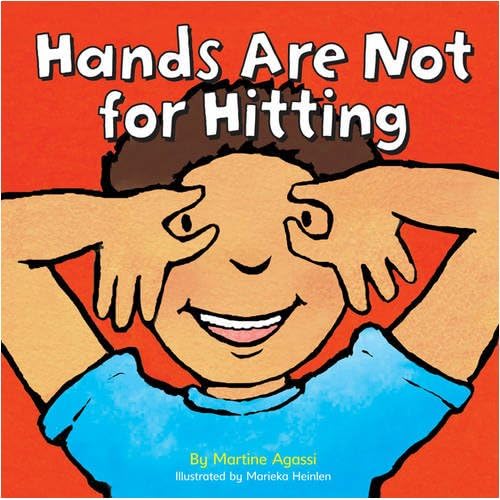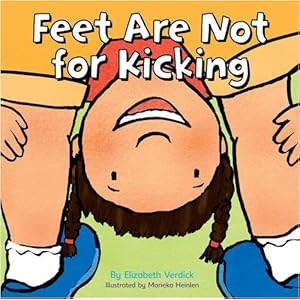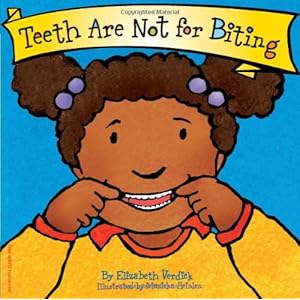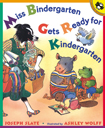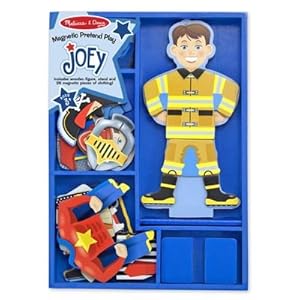Knowing the correct names for their body parts is a very important task for the 2-3 year old for 2 reasons: firstly, 2-3 year old children begin to interact more with their peers and need to express what they feel (for instance, if someone threw a block at them, they need to be able to explain where they are sore etc..). Children also need to feel confident in asking adults or bigger kids to help them. Secondly, knowing the exact term of each part of their bodies develop their awareness of themselves and their understanding of how they move or play. By the age of two, most children can point to their noses, knees, feet and other several body parts. However, knowledge of the work that these body parts actually perform is acquired more gradually. Preschoolers aged 3-5 learn to dress and undress themselves in the classroom using the Montessori practical life exercises or simply when getting ready to go home.



As children become more adept at dressing and playing physical games, knowledge of body parts evolves into a better understanding of bodily functions. Additionally, since toilet training generally occurs during the late toddler and early preschool years, children at this age will begin to use language to name their body parts and bodily functions because they are becoming familiar with a certain cause and effect relationship that controls their urination and defecation. It is important to teach children the correct words for body parts and functions so that they do not become frustrated and discouraged by ambiguous language.
So as part of our All About me theme, I have introduced a few little rhymes about body parts for the children to memorise such as:
I have 10 little fingers and 10 little toes
hold up ten fingers Two little arms and one little nose
raise arms and then point to nose One little mouth and two little ears
point to mouth and ears Two little eyes for smiles and tears
everyone smile One little head and two little feet
shake head and feet One little chin; that's ME, complete!
hold up arms
or this little rhyme:
2 little eyes to look around
2 little ears to hear each sound
1 little nose to smell what’s sweet
1 little mouth that likes to eat
As a science project, we have a chart ready in the classroom. Measure each child and record the height on it so that children can see it.
The following preschool activities with body parts are what we are currently doing in our classroom. They provide a great number of learning experiences. Front and center, of course, is the ability to recognize and name the parts of the body. Secondly, these lessons are ideal for basic counting as well as an introduction to the concepts of left and right. The art component is instrumental in emphasizing small motor skills and especially the correct holding of a crayon with an eye on future pencil positioning for writing. Cutting out along outlines is another learning outcome that these lessons offer. These activities can be done during circle time, group time, or during outdoor play.
Counting Body Parts:
Have the children find different parts of their body. As a group, count how many of each part you have. For example, a child might say "fingernails". All of the group will find their fingernails and count them
Body Part Riddles :
Say riddles to the children such as, "I'm thinking of the body part that you put your socks and shoes over. What is it?" or "It's on your face. You use it to eat and talk with. What is it?"
Color me Perfectt!
There are a number of names and variations of this diversion. Preschoolers love this fast paced game. I ask the children to touch a specific number of items of a certain color with a particular body part. For example, I might call out: “Touch three red things with one knee.” The children will now look for red items and then seek to apply their knees to the items. This is a wonderful game to play outside!
Head, Shoulders, Knees, and Toes
We sing this classic song while touching the appropriate body parts. We include fun, less common ones, such as tongue, toenail, or knuckle.
Follow the Leader
We use various body parts in the instructions. For example, the leader (my assistant, myself or even an older child) might say “Wiggle your toes.”
For Art and craft, this week, I pre-cut some fabric in rectangles and triangles as well as coloured/patterned paper in circle and rectangles. I invited the children to use the various pieces together to make a portrait of themselves. As it happened, the girls decided they wanted to become princesses and I had to find a quick way to make crowns. I don't know if each character is actually a self-portrait but the kids had a ball creating these little men and women!!!
Today I started reading abook called The Best Part of Me, is a wonderful resource. I started out by telling the children that I had an important question for them. They asked me what the question was and I told them that I needed to read them a special book before I could ask them.

This book combines black-and-white illustrations with real children's words describing what they love most about their bodies. The objective is for children to identify a positive physical feature of themselves. They ABSOLUTELY loved reading the book, which consists of photographs and is written by children. Each child in the book was asked to choose and write about the best part of themselves. The text is actually printed in the child’s own handwriting. At the end of the book I asked them, “What is the best part of you?”. So, what I did is: I rolled up my sleeve, hold my elbow out toward them, and look at it like it was the most amazing thing I had ever seen. Then I said: "So tell me, what do you think of my elbow, because I absolutely love it? I think it IS the best part of me." some of them started giggling and others blushed. SO cute!!! I began making an oral list of what I loved about my elbows: "I love my elbow because even though I can't eat my soup with it, it is the perfect tool to nudge my friend when I think of something funny!They are so pointy and so strong that I can rest them up on my knees just like this to hold my head when I am tired!". Then, I asked them again to think about a art of their body that they liked th emost. Needless to say that answers were fusing from every directions. SO armed with my camera, we went outside to take pictures. Tomorrow, I will write write down whatever words tey dictate to go with the pictures. BY next Monday, I should have all he pictures developed and with the children, we will create a display board for everybody to have a look at it. Today, it was the first time I did this activity and what a success!! The children loved it. I can't wait for Monday to finish our little project. I really believe that this experience is a great way for developing a healthy self-image. It is also a good catalyst for discussions about how we are all different and the same. So stay in touch because I hsould have a lot more to show you about this project by the beginning of next week!




























